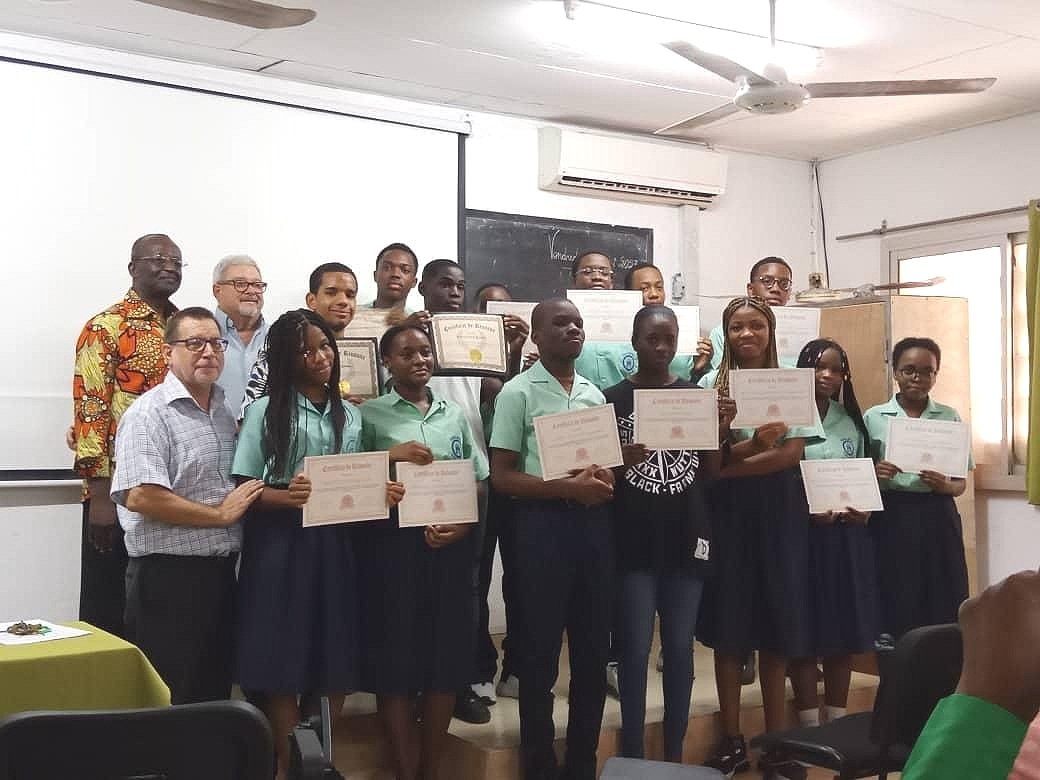
Gabon’s transitional government has announced a major shift in its education funding policy, confirming that scholarships for Gabonese students to study in the United States and Canada will be phased out from 2026.
The decision, unveiled by transitional president Brice Clotaire Oligui Nguema during a visit to Washington, signals the end of a decades-old policy that sent thousands of young Gabonese to prestigious institutions abroad.
For years, Gabon’s overseas scholarship programme, launched under former president Omar Bongo, symbolised the state’s commitment to building a globally trained elite. Many students benefitted from generous funding to pursue higher education in North America, France, Morocco, and beyond, a system designed to equip the country with internationally skilled professionals.
Now, Oligui Nguema argues the cost has become unsustainable — and the returns too low. Speaking to members of the Gabonese diaspora in Washington following a US-Africa mini-summit hosted by US President Donald Trump, he explained the rationale for the policy overhaul.
“Those who come here never come back,” he said, expressing frustration over what he views as a costly brain drain. “This investment ultimately benefits neither the state nor Gabonese society.”
Instead, the government plans to redirect scholarship funds to destinations it considers strategically advantageous, such as Senegal, Ghana, and Morocco.
Officials believe students studying in these regions are more likely to return home and contribute to Gabon’s economic and social development.
The decision reflects both economic pragmatism and a broader attempt to redefine Gabon’s approach to academic mobility. By curbing placements in high-cost Western institutions, the government aims to manage public spending while prioritising educational pathways that yield tangible benefits for the country.
For Gabonese students, the announcement marks a sudden and disruptive change. Many with aspirations to study in North America now face uncertain futures, while those already enrolled abroad fear their funding could be jeopardised.
The move signals the end of an era in which Gabon unreservedly financed a Western-educated elite and raises questions about the future of other scholarships, particularly in France.
It also reflects a growing trend across Africa, where governments are reassessing education spending to balance opportunities abroad with domestic priorities.



